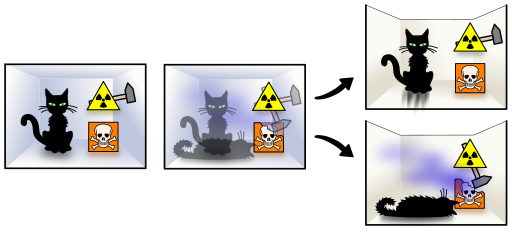“Ethan Crumbley,” Reuters reported in December, “was 15 years old when he opened fire at Oxford High School on Nov. 30, 2021,” killing four and wounding seven. At 17, per the Reuters story, Crumbley was sentenced to life in prison without the possibility of parole.
At the times of both the shootings and the sentencing, Crumbley was considered a “child” by the state of Michigan. He couldn’t legally drink. He couldn’t legally vote. He couldn’t enlist in the armed forces, or get married, without parental consent. And he couldn’t legally buy a gun.
Crumbley became an “adult” in the state’s eyes only when it concerned charging, trying, convicting, and sentencing him for murder.
But then a curious thing happened. The state waved its magic wand again and his instant “adulthood” reversed itself, Benjamin Button style. He became a “child” once more.
Why? Because if Ethan was an adult at the time he committed his crime, his mother wasn’t responsible for his mental health status, medical treatment needs, or ownership or possession of firearms.
Since the state wanted to convict Jennifer Crumbley of involuntary manslaughter for her son’s crimes, Ethan Crumbley had to retroactively stop being the adult he’d previously been magically transformed into for purposes of the prior case.
On February 6, a jury agreed with the state that Ethan Crumbley is Schrodinger’s Child — simultaneously minor child and responsible adult inside his cell, fully becoming whichever one of those things the state needs him to be when there’s a prosecution in progress.
There are many problems with legally defining “childhood” and “adulthood” on the basis of drawing a number out of a hat. Some 15-year-olds are more mature than others — and, for that matter, sometimes more mature than some 45-year-olds.
Letting prosecutors arbitrarily drop the random number in favor of a more convenient number doesn’t fix any of those problems. It just adds to them.
If Ethan Crumbley had previously been allowed to take, and had passed, some kind of competency test to unlock his rights to vote, drink, purchase and possess guns, marry, and enlist, trying him “as an adult” for his crimes would have been reasonable.
If Ethan Crumbley was a child for all those purposes, it would likewise be reasonable to assert some measure of parental responsibility for supervisory failures culminating in those crimes.
But it should be one or the other, not whichever pleaseth the crown at any particular moment.
Thomas L. Knapp (Twitter: @thomaslknapp) is director and senior news analyst at the William Lloyd Garrison Center for Libertarian Advocacy Journalism (thegarrisoncenter.org). He lives and works in north central Florida.
PUBLICATION/CITATION HISTORY

